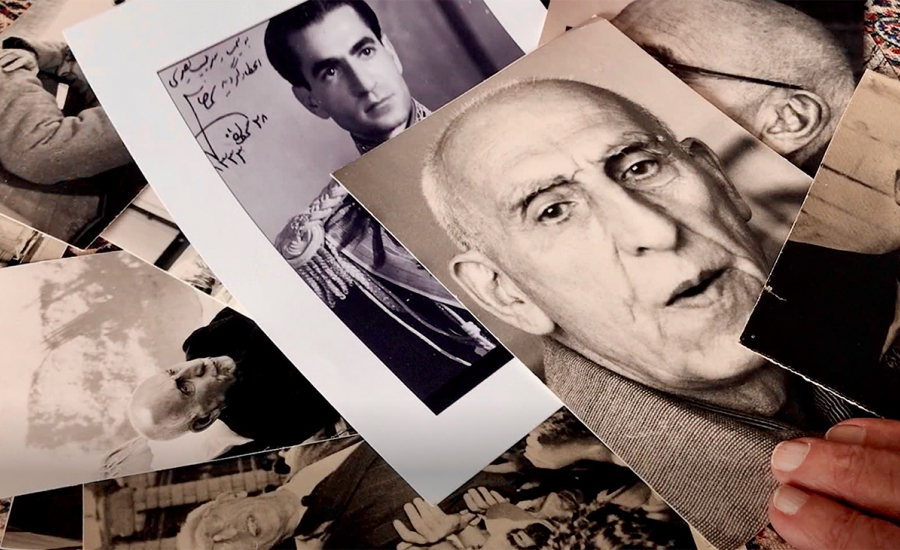10/08/2020
COUP ‘53 (2019) is a cinematic quest for truth regarding the Anglo-American’s staged coup in 1953 in Iran, leading to the removal from power of the first democratically-elected prime minister of the time, Mohammad Mossadegh. Still affecting today’s current political climate, Taghi Amirani’s 2-hour long debut feature starts as a project about history and research, focusing on the British government’s lesser-known implications. From this starting point, it gradually slides into a live investigation combining the narratives of documentary with archives and 16mm footage previously hidden, of fiction as a way to recreate missing materials and of animation portraying the hazy memories of the proceedings of the coup.
First of all, COUP ‘53 is a delight to the accustomed, as well as to the not-so-well-informed audience, because it succeeds in taking a handful of information and converts it into graspable content. Even without previous knowledge or sensitivity, the viewer is all of a sudden implicated in the research work of the creative team, giving it an active role as a way to better feel, understand, and think.
More than a meticulous lecture on diplomacy issues and foreign policies, COUP ‘53 is a film about the disproportionate gap uniting intentions and actions, harassed by the careless and relative values of right and wrong, good and evil, light and darkness. As clear as day memories from aged witnesses about events that occurred to them as children, testify of a film about remembrance as opposed to well-defined historical narratives. Indubitably, memory is constantly provoked by the never-ending assumptions of “could have been”, because “grievances of the Iranian people go all the way back to 1953”, and because “the legacy of the coup is shaping politics to this day”.
Therefore, it is also an ode on how the past ties with the present, forging unwanted connections that can either be liberating or condemning. With a sensitive approach to the notions of nation entwined the human terms of justice and grievance, the film is presented as an invitation to reflect, to ask questions, to distrust appearances. Above all, it is a treat for truth-seeking passionates, and this is the reason why it goes under the Truth competition selection, available before the 15th of August on DokuFest’s online platform.
By Enxhi Noni



